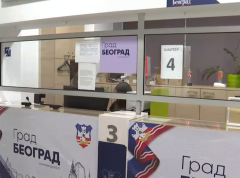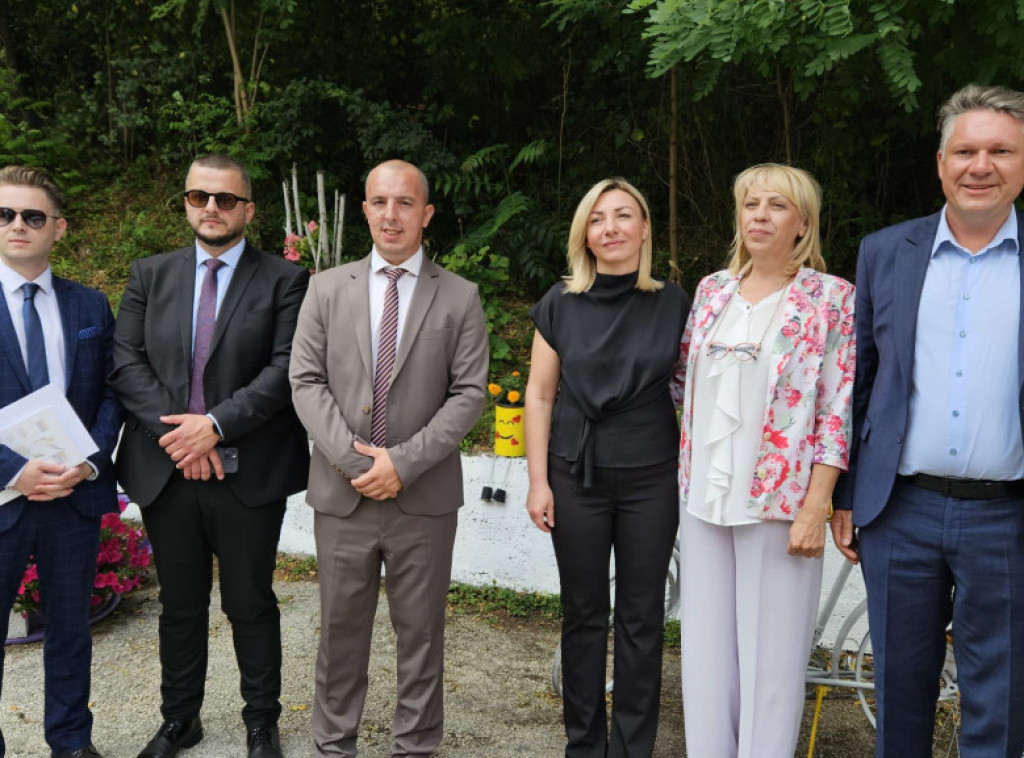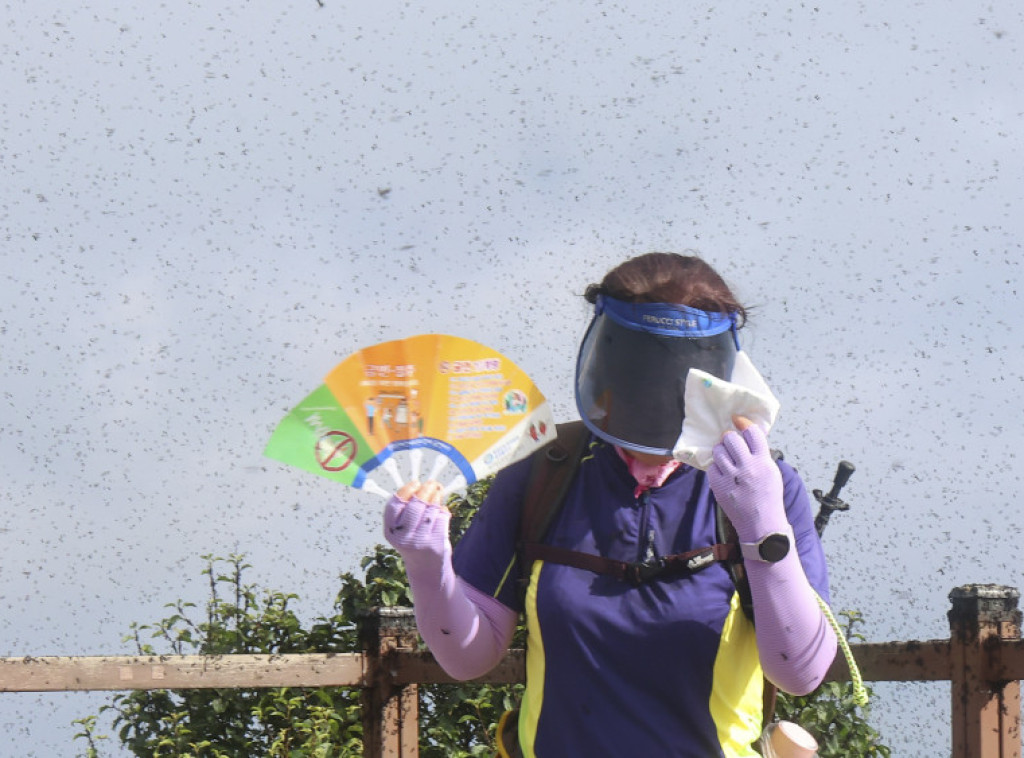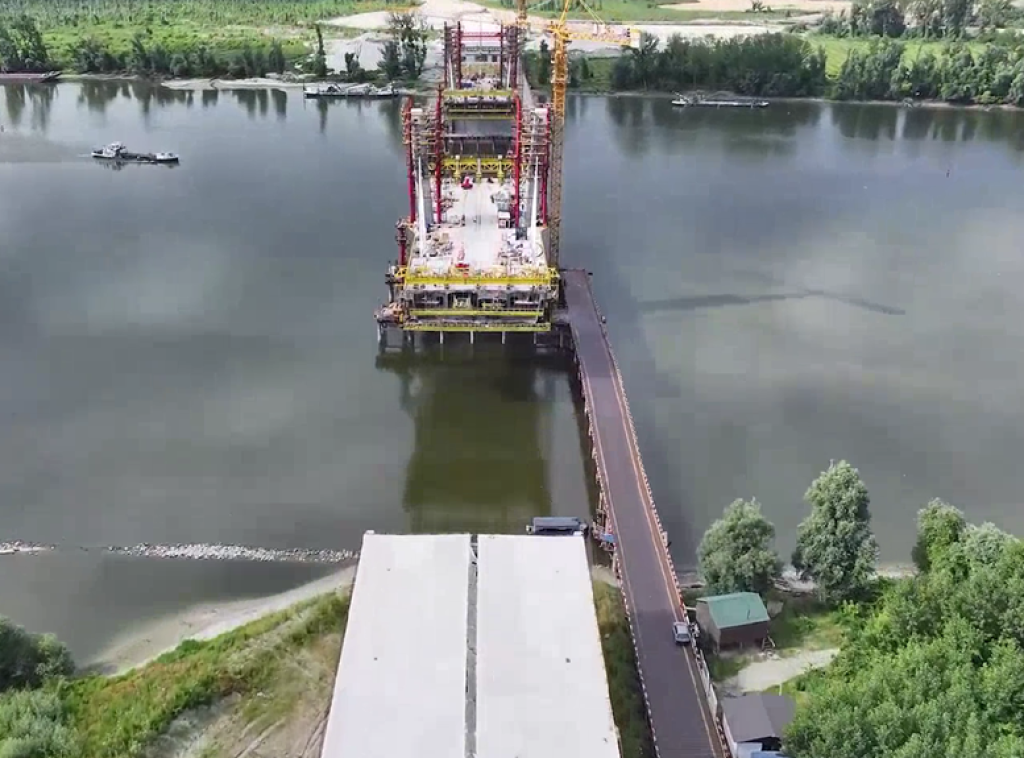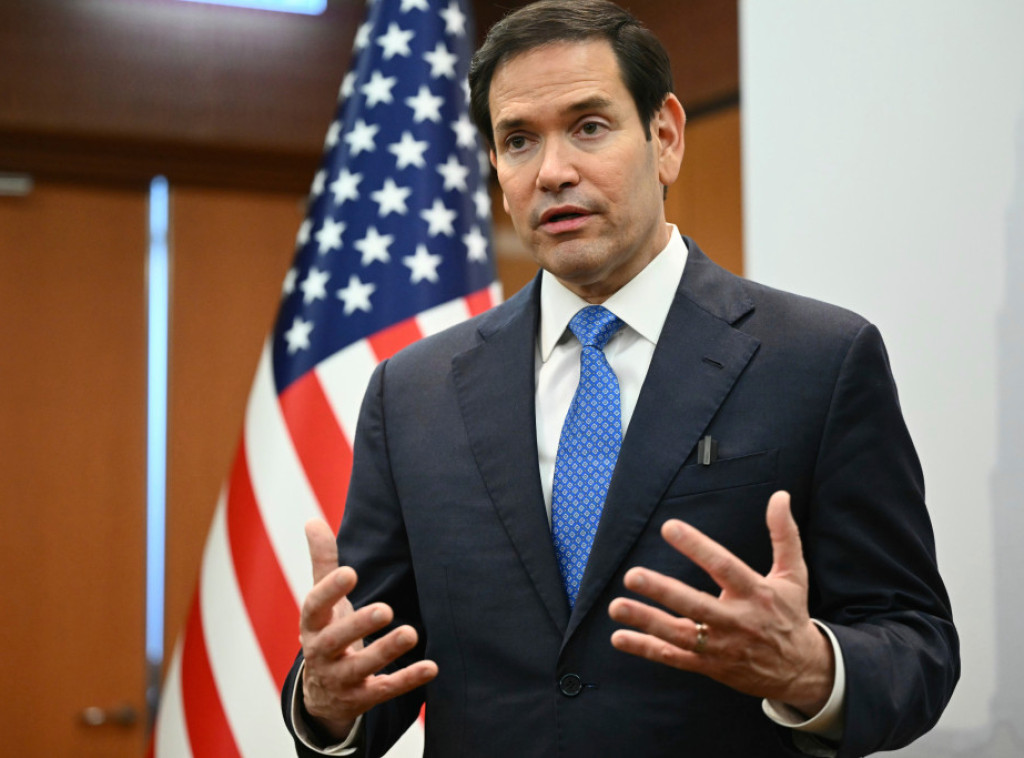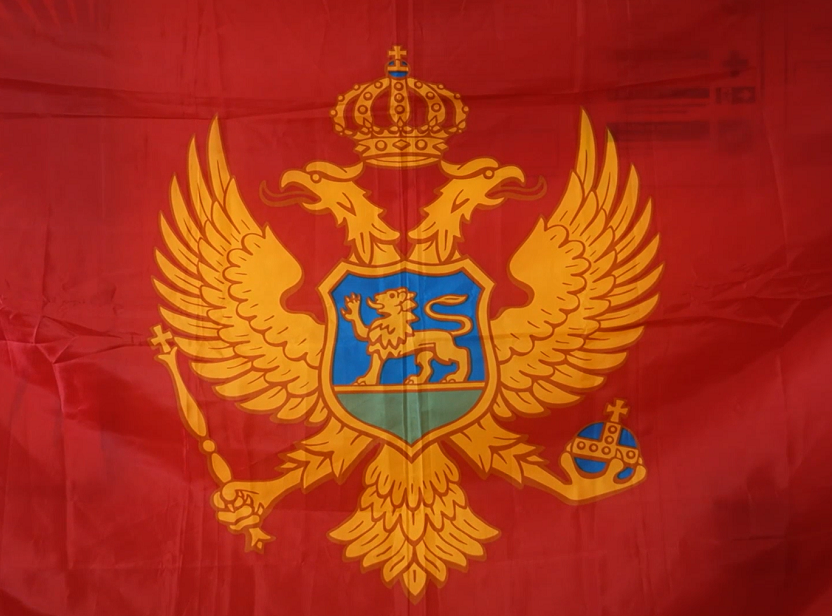Belgrade Agricultural Subsidies: Who Gets Them and Who Gets Left Out?
Belgrade has announced five public calls for granting subsidies in the field of agriculture, but is this really help or just another story for a lucky few? The deadline for applications is July 24, and the funds are intended for the purchase of tractors, agricultural machinery, beekeeping equipment, livestock, fruit growing, vegetable growing, and crop farming.
Who is eligible? Only individuals who are registered commercial family agricultural farm holders in the territory of Belgrade have the right to subsidies. The funds are non-refundable and are granted up to a maximum of 80% of the eligible costs, but with caps — for tractors up to 1,000,000 dinars, for beekeeping equipment up to 410,000 dinars, and there are strict limits for livestock and fruit growing as well.
How much money is allocated? Several tens of millions of dinars have been allocated for these purposes, which sounds like a lot, but when divided among all interested parties, the question is how much will actually reach those who need it most.
Is this real help or just a formality? Many wonder if these subsidies will truly help small farmers or if the money will end up in the hands of those who already have enough. Is the system transparent? Will everyone who meets the conditions have equal chances? These are questions often raised, as bureaucracy and unclear criteria often favor those with better connections.
What can be purchased? From tractors, through beekeeping equipment such as hives, frames, scales, presses, to livestock equipment and animals — all are on the list. Also, fruit and vegetable growers can get funds for hail protection nets, irrigation systems, and greenhouses. It all sounds like a great opportunity, but only if the funds are properly distributed.
Conclusion The Belgrade Secretariat for Agriculture has announced calls that could be a great opportunity for the development of agriculture in the capital. However, a bitter taste remains due to questions of transparency and fairness in the allocation of funds. Will this be a real incentive or just another media story? We will follow up.
What do you think? Are such subsidies really helpful or just another bureaucratic circus? Drop a comment and let’s see who’s for and who’s against!





